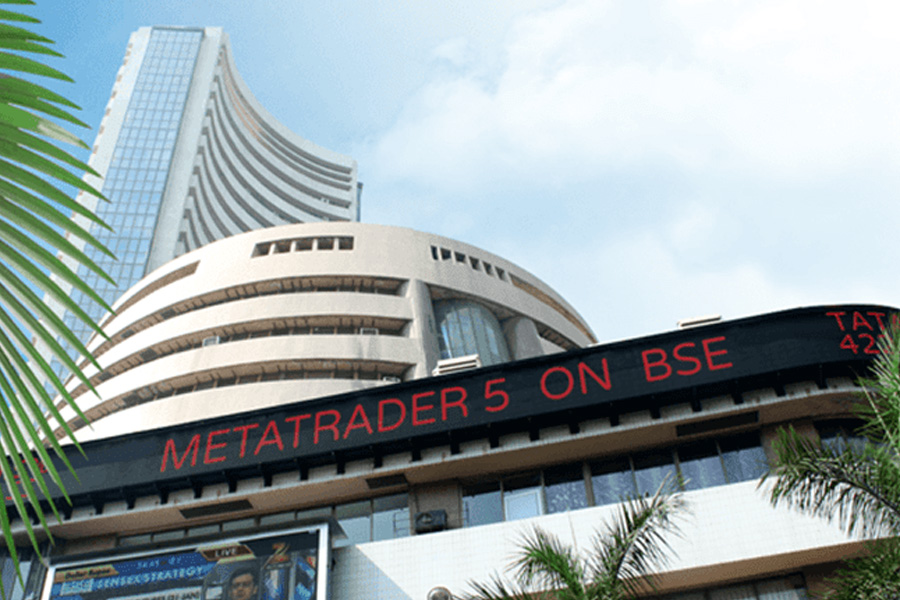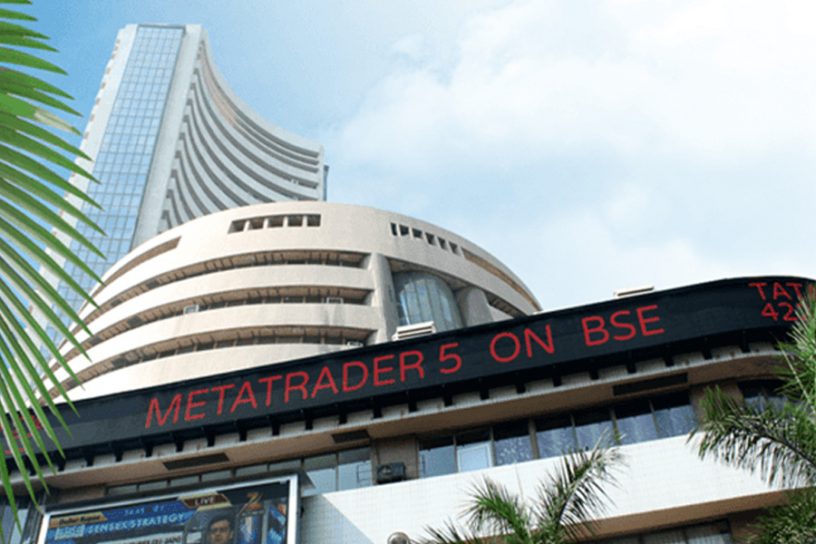
This study is an attempt to analyse the impact of macro-economic variables, namely growth rate (GDP), inflation (WPI) and exchange rate (FOREX) on two sustainability indices introduced by Bombay Stock Exchange (BSE).
Authors
Kanchan Sehrawat, Assistant Professor, Jindal School of Banking & Finance. O.P. Jindal Global University, Sonipat, Haryana, India.
Muskan Kaur, Shri Guru Tegh Bahadur Khalsa College, University of Delhi, India.
Madhu Vij, Faculty of Management Studies, University of Delhi, India.
Summary
Increasing environmental consciousness among various stakeholders of financial markets has led to the introduction of GREENEX and CARBONEX indices by Bombay Stock Exchange (BSE). This study is an attempt to analyse the impact of macro-economic variables, namely growth rate (GDP), inflation (WPI) and exchange rate (FOREX) on both the sustainability indices. The paper also attempts to find the presence of volatility clustering in the sustainability indices of India.
The cointegration amongst the macro-economic variables and sustainability indices is tested through auto-regressive distributive lag (ARDL) Approach and significant results are achieved for both the indices. The volatility clustering for GREENEX and CARBONEX is tested through GARCH (1, 1) model and significant volatility clustering is established for both the indices.
These significant relationships highlight that the macro-economic variables have a significant and crucial impact on sustainability of the Indian economy. Any measure taken to improve the growth rate, exchange rate, or inflation shall significantly facilitate sustainability in the Indian economy, further reducing the volatility in stock market and economy.
Published in: International Journal of Global Environmental Issues
To read the full article, please click here.


